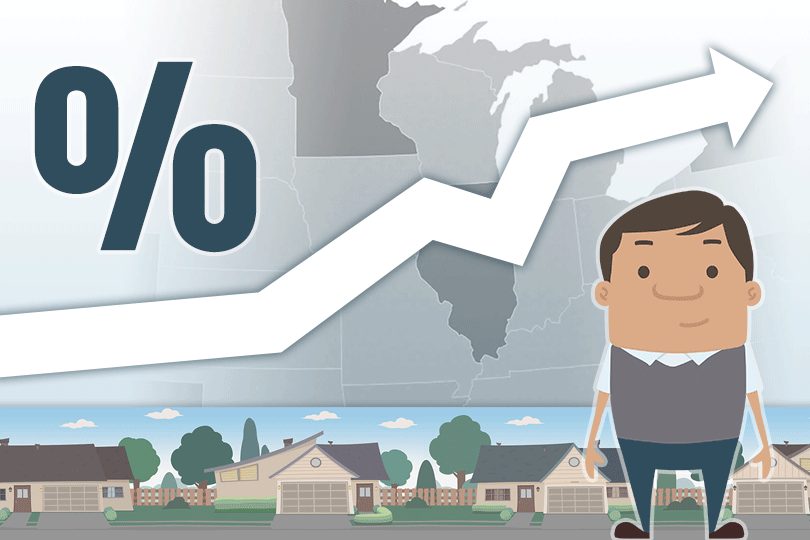How Is a Mortgage Interest Rate Different than APR
August 23, 2023
Interest Rate
The interest rate, often referred to as the "note rate" or "nominal rate," is the percentage of the loan amount that the lender charges you for borrowing the money. It determines the amount of interest you will pay on your mortgage loan each year. The interest rate does not include any additional fees or costs associated with the mortgage, such as closing costs, broker fees, origination fees, or points.
APR (Annual Percentage Rate)
The APR is a broader measure of the cost of borrowing for a mortgage, as it takes into account the interest rate as well as other costs associated with the loan. APR includes fees and charges such as points, origination fees, mortgage insurance, and certain closing costs. The APR is designed to provide borrowers with a more accurate picture of the true cost of the mortgage. Lenders are required by law to disclose the APR to borrowers, making it easier to compare the total cost of different mortgage offers.
It may be to a borrower's advantage to go with a slightly higher APR and avoid higher upfront fees. Some of this depends on the amount of time you plan to stay on your home. It pays to have a complete understanding of the FHA loan details, options, and costs before you begin the loan application process.
------------------------------
RELATED VIDEOS:
You're Almost There When You Get Your Loan Approval
Learn About the Mortgage Insurance Premium (MIP)
Pre-approval Starts the Mortgage Process

FHA Loan Articles
November 20, 2024Refinancing your mortgage offers a way to cash in on your home equity, potentially reduce your interest rate, or modify your loan term. Borrowers ready to consider have options including FHA loans and conventional loans.
While both provide avenues for refinancing, each loan type may be best for specific needs and financial circumstances. What are the differences between FHA and conventional refinance options?
November 14, 2024The home you want to buy might seem perfect, or it may have a few flaws that are acceptable in the grand scheme of things. But what about issues you can’t spot just by walking through the property a few times? A home inspection provides an unbiased, expert assessment of the property's condition, uncovering potential issues that might not be noticeable to the untrained observer.
November 12, 2024Escrow is an important feature of most typical FHA loans. An escrow account is a third-party account where borrowers deposit funds designated for property taxes and other uses. Requirements to use escrow accounts typically stems from a need to protect all parties involved in the transaction
November 2, 2024When it’s time to consider buying a home, the Federal Housing Administration (FHA) offers two popular options. One is the traditional FHA purchase loan many use to buy a house in the suburbs. But not everyone wants to buy an existing property. Some want more control over the design and configuration of the home.
The other FHA construction loan option, the one-time close mortgage, comes in here. This option is for those who want to approve floor plans, have a say in the types of materials used to build the home and choose its features.
October 31, 2024When buying a home for the first time, it helps to know how long the process can take. How do you know if your appraisal report is delayed if you don’t know how long the FHA allows for the process to be completed? How long does it take to get from the final offer to closing day? A “typical” FHA loan process may take up to 45 days from start to finish. Several factors can influence this timeline.







